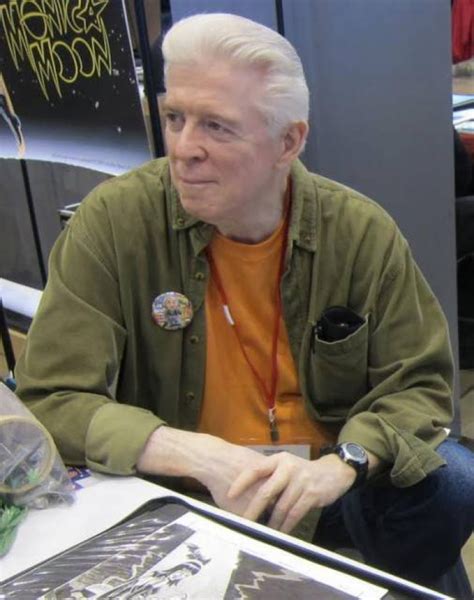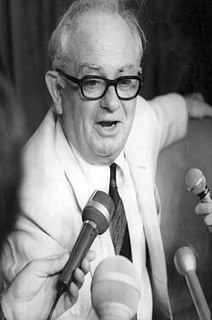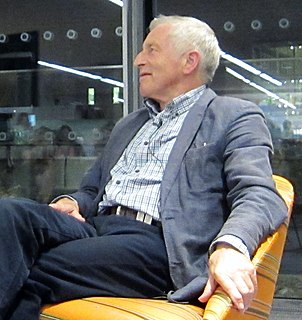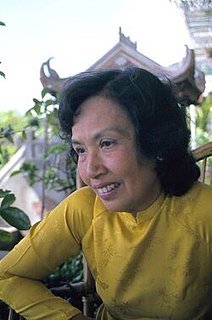A Quote by William J. Duiker
I decided that after returning to the US to pursue an academic career I would eventually study the life of Ho Chi Minh to find the secret of his success.
Related Quotes
On many occasions in the late 1950s and 1960s, [Ho Chi Minh's] ideas were apparently ignored by those who felt that his approach was too naive and prone to compromise. The outbreak of open warfare with the French and later with the United States was in effect a sign of the failure of Ho Chi Minh to achieve his objective to fight and win at low cost.
I see no reason to believe that the Vietnamese Communist Party will lose control over the reins of power in Vietnam. There is no organized force in the country that is capable of competing with the VCP for power. And the party still believes that it must rule by intimidation and by dominating the political scene In effect, it has abandoned that part of Ho Chi Minh's legacy that the people must be won over by persuasion rather than by force - a dictum that Ho Chi Minh did not always follow himself.
If [Ho Chi Minh] had had carte blanche over his movement, would the results of the war have been different? That is difficult to say. In some cases - as in 1945 and 1946, he appeared to overestimate the possibility that the United States might decide to recognize his government and the independence of the DRV (although to be fair, from the outset he had warned that Washington might eventually decide to align with the French because of the Cold War).
Eisenhower managed to begin the Vietnam war by not following his normal instinct of staying out of mischief. In his memoirs, he tells us why we didn't honor the Geneva accords and hold elections in Vietnam: because some 80 percent of the country would have voted for Ho Chi Minh. This is very candid. The sort of thing one might have found in Stalin'smemoirs, had he not made ghosts even of ghosts.
Giap was a master of logistics, but his reputation rests on more than that. His victories were achieved by a patient strategy that he and Ho Chi Minh were convinced would succeed - an unwavering resolve to suffer immense casualties and the near total destruction of their country to defeat any adversary, no matter how powerful.























